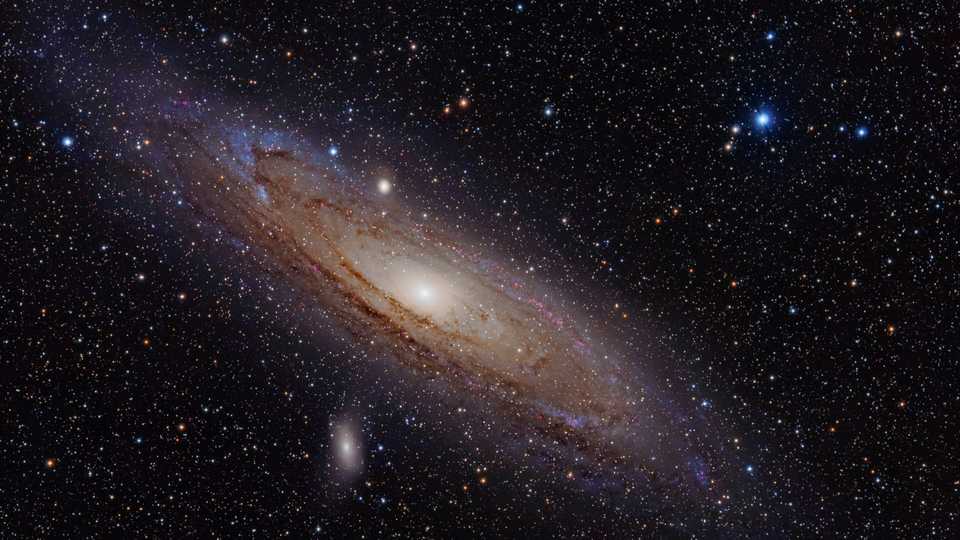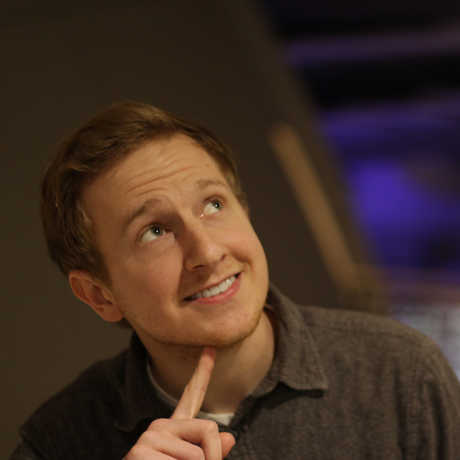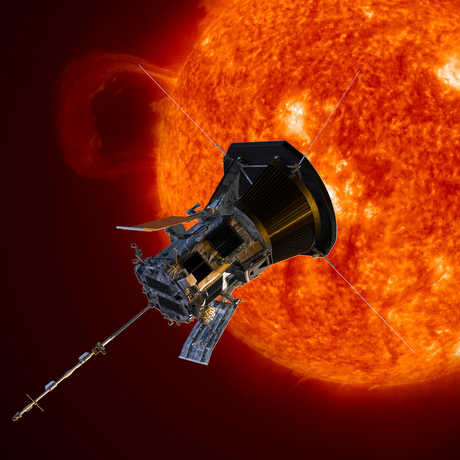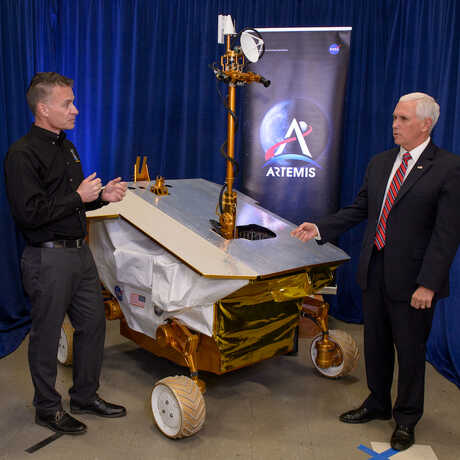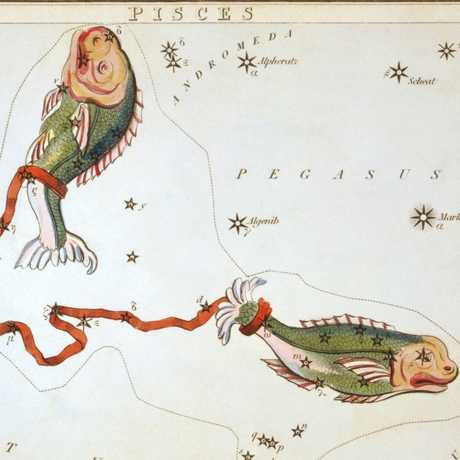Astronomers have a… complicated… relationship with names. Sometimes we get it right. Take the term “gas giants” for example. Jupiter and Saturn are gigantic and (mostly) made of gas. It’s a pretty fantastic name. On the flip side we have planetary nebulae, which, while they are nebulae, don’t produce planets nor do they come from planets. They’re so named because early astronomers thought they looked a little like planets.
And this is not an isolated incident. We’ve called all sorts of things nebulae we really shouldn’t have. Like the Andromeda Nebula, which was actually a full blown galaxy bigger than our own. (Now it goes by Andromeda Galaxy.)
The name for the dark patches on the Moon is “maria,” which translated means “seas.” They have names like “Sea of Tranquility” or “Lake of Dreams” despite the Moon being almost entirely dry. They formed in giant impacts when falling meteorites cracked open the crust and its molten insides poured out. They look darker because they’re newer and less cratered—not because they’re bodies of water. Sure, early astronomers didn’t have the tools we have today, so we should probably forgive them, but some of their attempts are inexcusable.
Famously, William Herschel, upon discovering Uranus, the first new planet since antiquity, almost named it “Georgium Sidus” aka “George’s Star” in honor of his new patron: King George III. His stated reasoning was that the ancients named their planets after important figures in their culture, and King George III was culturally significant (at least it was for William Herschel). I’m sure the fact that he was paying for Herschel’s room, board, and telescopes was irrelevant.
Thankfully some of his compatriots were able to talk him out of it. Nowadays, we call it Uranus, which has its own, unfortunate problem—one that astronomers are often loathe to address. It causes giggles in grade school classes across the English-speaking world as the butt of oh-so many jokes. I am talking of course, about the fact that Uranus is named after a figure from Greek mythology instead of after a Roman deity like the other planets. What was Herschel thinking?
There’s the hourglass nebula, part of the larger Lagoon Nebula, not to be confused with the Hourglass Nebula. Oddly enough, the hourglass nebula that’s part of the Lagoon Nebula was so named by John Herschel, the son of William Herschel of Georgium Sidus infamy.
The Milky Way is an atrocious name as well. The Milky Way is a spiral galaxy, meaning it probably looks like these. Looking at those examples I’m sure you can come up with a hundred better names than “the Milky Way.” Especially because the Greek myth of its origin (where we get our modern name for it) is one of the worst stories I’ve come across in all my time as a planetarian. Just about every other myth about it is better, so it’s maybe just a western problem, but it’s not just enshrined in the English name, but in the word galaxy itself.
You see, the term “galaxy” is both younger and older than you probably think. Edwin Hubble, the astronomer who, with the help of Henrietta Swan Leavitt, taught us all that there were galaxies beyond our own, coined the term “island universe” to describe other galaxies like Andromeda. Now I’m not a huge fan of “island universe,” because it’s a misuse of both “island” and “universe,” which is why we no longer use it. But the alternative, “galaxy” (which took over in the 1940s), is way worse. Sure, it sounds cool, but “galaxy” comes from galaxias kyklos, which translates to “milky circle” from ancient Greek. It’s literally just their term for the band of the Milky Way passing across the sky. Which also means that our already poorly named Milky Way galaxy is called by its full name, “Milky Way milky-circle.” As if it couldn’t get any worse.
Now you might (and probably should) point out that I’m just cherry-picking the worst offenders and there are plenty of examples where we get it right. It’s also led, I suspect, to another growing problem in astronomy—the growing acronym epidemic, which will be the topic of my next post.
Image: Adam Evans
